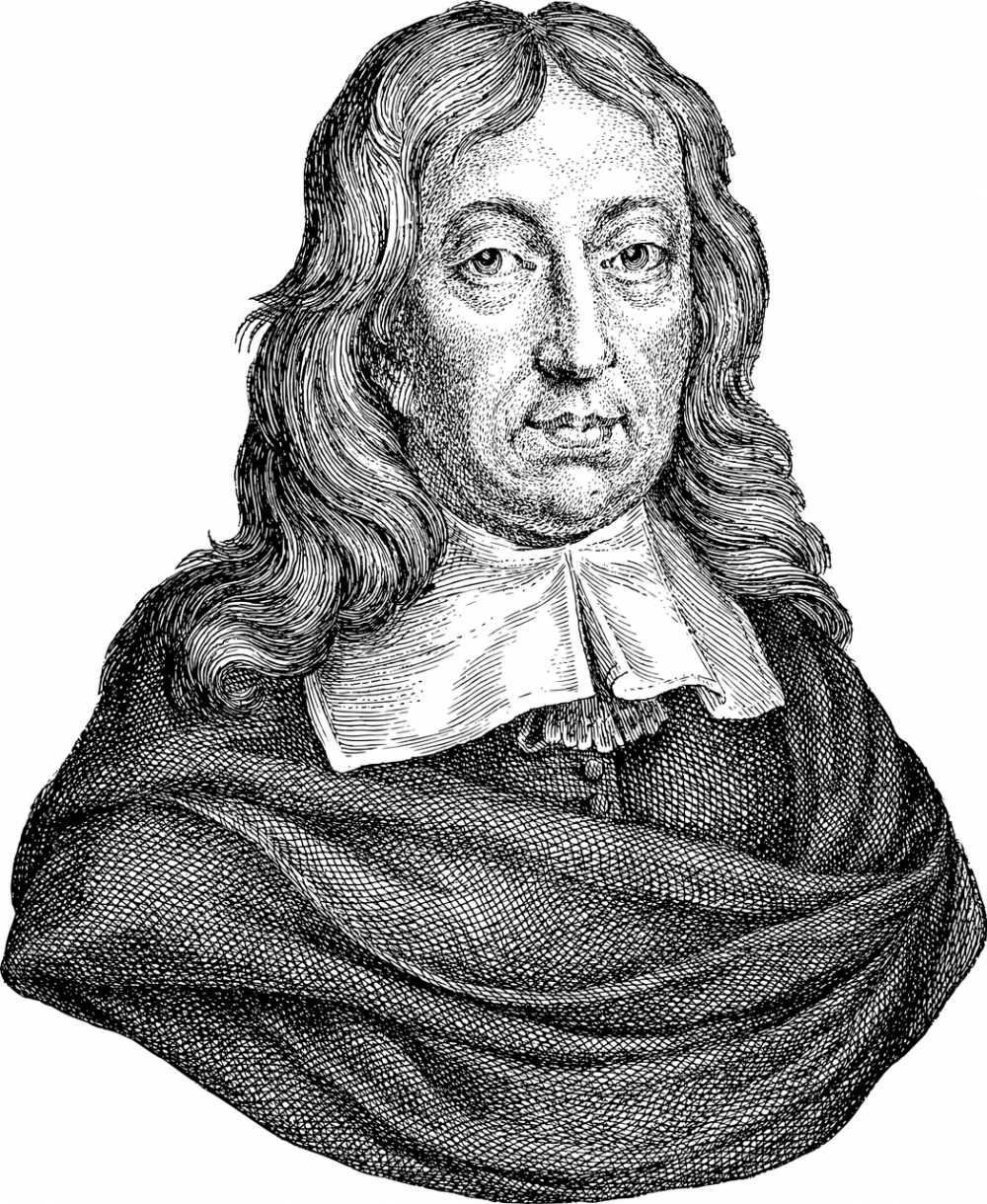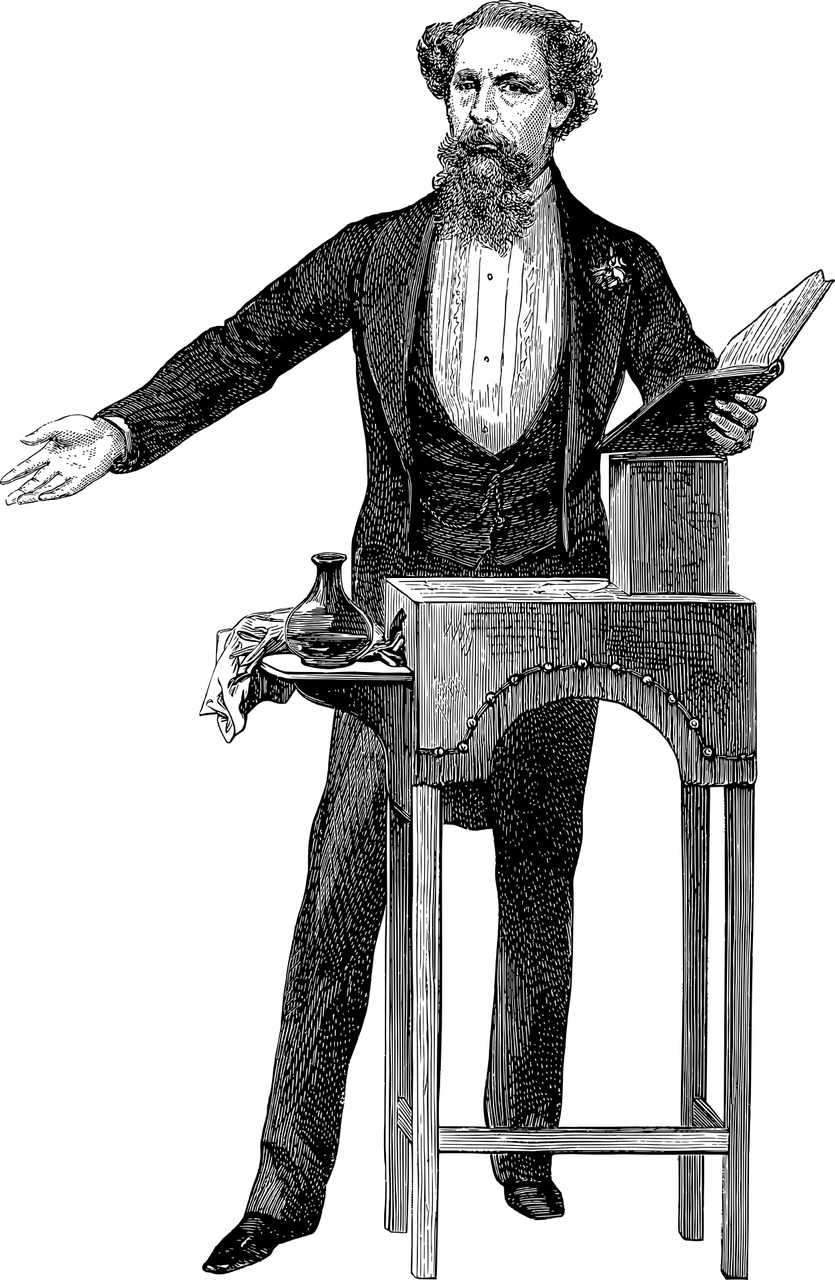George Orwells Animal Farm is a classic allegorical novella that explores the corrupting nature of power and the dangers of totalitarianism

Set on a farm, it tells the story of a group of animals who rebel against their human owner, Mr. Jones, and establish their own society with the principle of “All animals are equal.” However, as time goes by, the pigs, led by Napoleon and Snowball, seize control and become tyrannical rulers, corrupting the ideals of the revolution.
This highly acclaimed work was first published in 1945 and remains a significant literary work that resonates with readers across generations. Orwell’s use of animals as characters, each representing a different facet of society, allows him to explore complex themes in a relatable way. By drawing parallels to the events of the Russian Revolution and the rise of Joseph Stalin, Orwell provides a scathing critique of the abuse of power and the failure of socialist ideals.
Over time, “Animal Farm” has evolved to become not just a literary masterpiece but also a cultural touchstone. Its enduring popularity can be attributed to its universal themes and the timeless relevance of its message. Orwell’s role as a social commentator and his ability to depict the dangers of totalitarianism have made “Animal Farm” a staple in school curricula and a must-read for anyone interested in political and social issues.
One of the reasons for the continued relevance of “Animal Farm” is its ability to serve as a cautionary tale for societies around the world. The rise and fall of the animals’ revolution mirrors historical events and serves as a reminder of the cyclical nature of power and the constant struggle for freedom. Orwell’s ability to capture the essence of human ambition, greed, and corruption through animal characters makes the novella both approachable and thought-provoking.
In recent years, “Animal Farm” has also found renewed interest in popular culture. The novella has been adapted into films, stage plays, and even a video game, further cementing its status as a cultural phenomenon. These adaptations allow new audiences to engage with Orwell’s powerful storytelling and explore the themes of totalitarianism and social injustice.
To structure this article for optimal search engine visibility, it is helpful to use headers such as:
Exploring the Timeless Message of George Orwell’s “Animal Farm”
Introduction to “Animal Farm” and its Importance

– The themes and symbolism in the novella
– Key characters and their representations
– Significance of the animal farm setting
Historical Development of “Animal Farm” Over Time
– Publication and initial reception
– Critical analysis and interpretations
– Cultural impact and adaptations
The Relevance of “Animal Farm” in Today’s Society
– Lessons for contemporary politics and power dynamics
– Orwell’s role as a social commentator
– The enduring popularity of “Animal Farm” among readers
In conclusion, George Orwell’s “Animal Farm” remains a powerful and thought-provoking work that holds relevance for readers of all ages. Through its allegorical portrayal of the dangers of totalitarianism, the novella serves as a cautionary tale and a reflection on the failures of revolution. Its ability to transcend time and resonate with audiences worldwide is a testament to Orwell’s skill as a writer and social commentator. Whether read as a captivating story or as a political critique, “Animal Farm” continues to leave a lasting impact on its readers.





